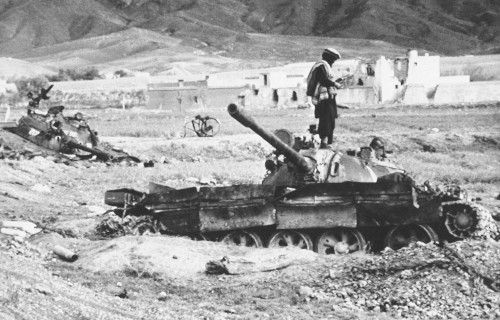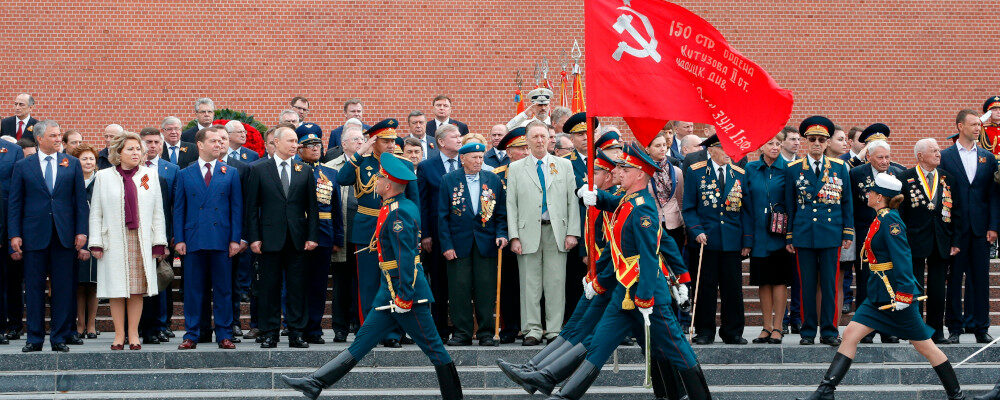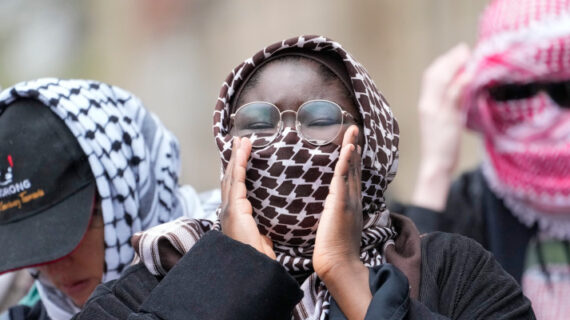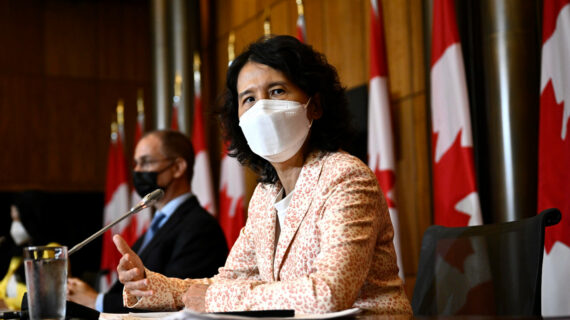I don’t know what happened to them and am afraid to ask. But many years ago, during the Afghanistan war, and we’re talking the 1980s here, a group of Red Army soldiers did the unthinkable and deserted and some joined the enemy—the Mujahideen—to take up arms against their former comrades. Five of them would later be smuggled into Canada by way of Pakistan. I thought this would make a good book and got to know them. The book never happened but it’s weird how the mind works.
You see it was around this time when my wife and I got an egg slicer, a little device with narrow wires that tears through hard-boiled eggs in an instant. Slicing eggs and cleaning this contraption and the remains afterward always made me think about something one of those guys told me. How his crazed Red Army platoon commander took prisoners, tied them up, and laid them across the road. Then he had infantry vehicles called BMP carriers—tanks—drive over them and rip their bodies to shreds. This soldier saw it all with his own eyes. Then he was told to clean up the mess and when doing that had to scour the tank treads for bits of human flesh. For whatever the reason his story always came back to haunt me with the egg slicer.
This was grisly stuff, but everything they told me about the Red Army and how it operated in Afghanistan tended to be grisly. Now, as I watch nightly news reports about how the Red Army has been conducting itself in Ukraine these past eight months, I have the distinct impression little has changed.
That soldier, trained as a sharpshooter, was drafted into the Red Army at 19 and told he’d be fighting American and Chinese mercenaries when he got to Afghanistan, which sounds like present-day Red Army recruits who arrive in Ukraine and look for Nazis. The very day that he left home he saw a coffin being unloaded from a truck down the street. The body of a neighbour, age 21, was coming home after a training accident in East Germany. Not in combat. Training. Apparently, these things were commonplace.
So what was it like being a member of the Red Army during that war? Based on the extensive interviews I did with this group—all of them young and friendly—it’s not much different from what transpires today.

The sharpshooter did just under two years of service, with no leave; the officers and KGB monitoring everything to make sure the men kept their noses clean. He said in the Red Army firing squads could be employed for those who don’t toe the line. When training was completed they were ordered to attack Afghan villages and kill everything—enemy combatants, women, children, old people, as well as dogs, cats, goats, and sheep. He once confided to me just how many people he figured he killed over his stint in Afghanistan.
It is not a pretty number.
They all spoke about discrimination against rookies and vicious in-fighting between ethnic groups. They told me chemical agents like trichothecene mycotoxins which are deadly compounds produced by molds were used in Afghanistan as early as 1980. The Soviet Union always denied this. Such agents cause blistering, vomiting, dysentery, and ultimately death. They also said alcoholism was rampant in the military with heavy use of marijuana and hashish, never mind heroin and opium. Remember, this was Afghanistan where the opium poppy grew like a weed.
Soldiers suffered from hepatitis, typhoid, cholera, and malaria, but despite it all, they had to write “happy” letters home knowing full well that their outgoing mail was inspected. Some tried to kill themselves.
One of them was a driver and mechanic who occasionally had to search for mines. Dangerous work to be sure. Then there was the demolitions expert. Eventually, five were smuggled to Canada. There was a press conference and the story went, as we now say, viral. They were feted at the House of Commons in Ottawa and soon two of them made a trip to Washington to address a commission and relate their experiences about Afghanistan.
When he was younger the sharpshooter wanted to be a pilot. It didn’t happen. His life, and the lives of his comrades, got sidetracked because of Afghanistan and their being drafted into the Red Army. The last I heard he had a family of his own and was living in suburbia. I go through the notes I kept and read his comments.
“I like it here. It’s a great country but you have to work hard.”
On the other hand, he also said life in Canada was easy. As for returning to Russia, that was out of the question.
“To go back and see the mothers of all my friends who died in Afghanistan? I don’t want to go.”
One of them wound up in Boston while two others got married and divorced. Still, this was many years ago and I don’t know what has happened since. But the war continues in Ukraine and the world holds its breath.
I know a few Russians and Russian speakers from my work, all of them professional people. One of them, an accountant, told me how World War II is taught there with no mention of Normandy, D-Day, or the Western Allies. Everything starts in 1941 when Nazi Germany invaded Russia and we can all thank the Red Army and the Red Army alone for Hitler’s defeat. I was also talking to a lawyer shortly after Russia invaded Ukraine and asked about it.
“It would be like Washington bombing Toronto,” the lawyer said.
I have a friend, not Russian, who leans quite far to the Right. When we talked he said he didn’t like Putin but that he has a point about NATO encroaching on Russia. And so there is a very big security concern on the part of the Kremlin, which he apparently understands.
But I don’t share that view. You can call it Russia or the Soviet Union, it’s the same mentality that invaded Hungary in 1956, Czechoslovakia in 1968, Crimea albeit Ukraine in 2014, and all of Ukraine this year. And that’s only a partial list. Why the invasions? Pure and simple it’s the fear of liberal democracy, on the part of a criminal organization masquerading as a government, in a country that has never known it.
Yes, I realize we have problems of our own. Just read some of my earlier pieces for The Hub. But I don’t see how a rational mind can have any defence for Putin who advocates the absolute worst form of tribalism.
Ultra-nationalism.
In history, we have seen it before and it never turns out well. Which is why Putin is Yesterday’s Man and the sooner he is gone the better.




